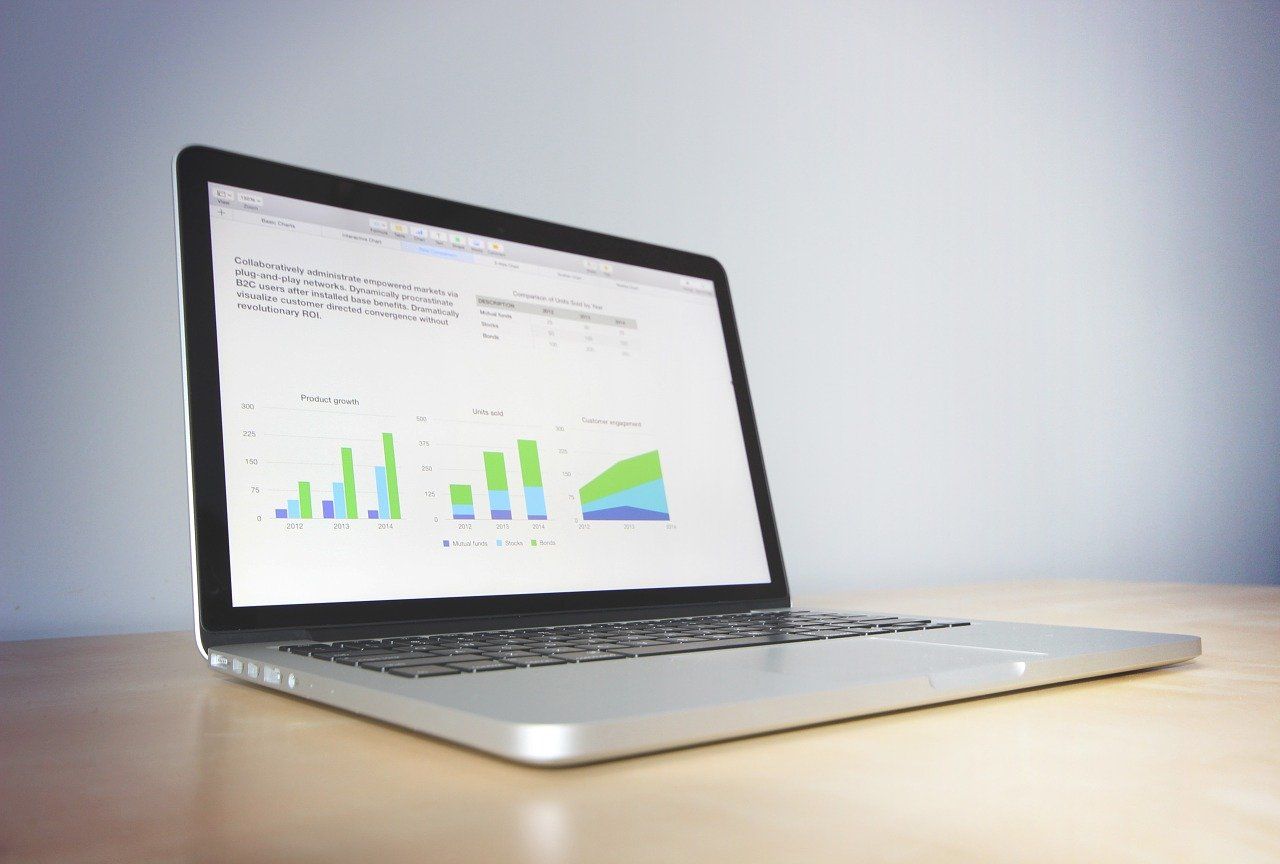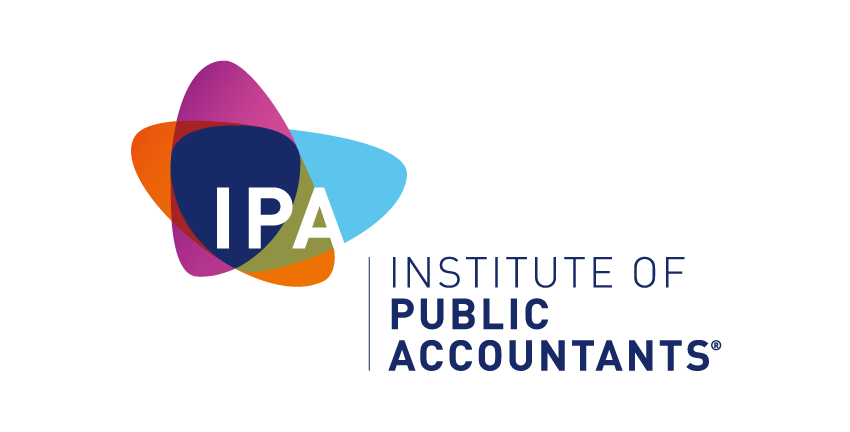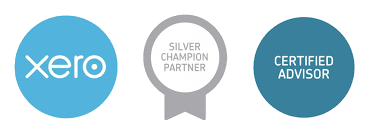Business Info

Your business structure can define the success of your business and each entity has its own per-requisites and impacts upon the business itself. The business structure you will select is also dependent on various elements such as the type of business, the number of people you will hire, partnerships in the business, and the long-term development plan of your business. When choosing your business structure it is recommended that you seek the advice of a professional accountant to ensure the saving of both time and money (during setup and afterward). Your accountant should understand Australian business economics and legal regulations deeply and can provide solutions/advice in selecting the best business structure. Below are the main business structures you will come across in Australia. Sole Trader Business Structure It is considered as one of the easiest forms of business structures in Australia. In sole trader structure, a person, alone is responsible for all business operations. Setting up this plan of business is also easier because it involves very limited legal and tax regulations. The income tax you receive on sole trader business structure is measured based on your personal tax rates. Although your personal liabilities will be unlimited but since you will not be considered as an employee under this structure, you are devoid of paying payroll tax or superannuation. This helps you immensely and as your business grows you can alter your business structure later on. However, you will need the assistance of accountant to help you out in the changing of your structure and income tax deductions. Trust Business Structure Unlike sole trader, trust business structure is a complex thing to set up and requires rigorous workout and regulation. In this setup, a person or company will become a trustee for the assets of a beneficiary. They will conduct and do business on the behalf of the beneficiary. There is a chance of maximising savings by proper distribution of profits, a process in which both parties can obtain several tax benefits. An accountant will be able to define the proper strategy to obtain maximum tax benefits, this is a crucial service for the better management of your economical taxation and accounting matters. Partnership Business Structure Like the name suggests, the partnership involves two or more people in managing and operating a single business together. For those eager entrepreneurs who specifically wants to raise their finances, this business structure is the best option. However, when a business is done in partnership, written agreements should also be done. Disagreements can happen when two or more people operating a business in making decisions. To avoid such hassles, a written agreement can benefit and constitute all within the partnership. Company Business Structure A company is considered as a legal entity under Australian business laws. When a person forms a company, it should be registered with ASIC ( Australian Securities & Investments Commission ) and this same government authority also regulates them. It is the costliest business structure to set up. The company must have shareholders or directors that are responsible for the operations of the company. The income tax that the owners receive is at per the tax rate of the company itself. The company owners can be eligible for tax deductions but it is important to get professional advice or assistance to help you set up and manage your business structure properly. With this overview explore the business structure you think would fit best with your circumstances. If you would like advice on what structure is best suited to your business, ND Accounting offer a 30 minute free consultation. Book online here.

Small businesses take up 97 percent of all businesses in Australia. Running your own business has many advantages however the truth is according to the Australian Bureau of Statistics, more than 60 percent of small businesses cease operating within the first three years of starting. Below are some tax tips that will really benefit you if you own a small business or setting up a small businesses. #1 Make sure you have a business plan 44 percent of the small businesses that ceased operating in the first three years suffered poor strategic management. Having a business plan should take into consideration business goals, objectives, target market information and financial forecasts that you are aiming to achieve over a certain period of time. Review this regularly and keep it updated so you can control of the direction your business is heading. #2 – Set up a bookkeeping system Taking care of your finances is vital to the survival of your small business, especially when you may not have as much flexibility as larger businesses in terms of cash flow. Seek the advice of a qualified accountant/bookkeeper to set up a bookkeeping system suitable to your business requirement. A good bookkeeping system not only keeps your invoices and accounts up to date it also helps you understand what is happening inside your business by easily preparing financial reports. This then provides you with a foundation for making the right monetary decisions. #3 Keep a record of work related deductions Even with an amazing accountant who effortlessly handles all of your paperwork they will still need all invoices and receipts organised to be able to do your financial reporting correctly. Stay organised so you don’t miss any valuable deductions. Deductions must be directly related to you earning an income and include: Vehicle and travel expenses – including travel between work and home Clothing, laundry and dry-cleaning expenses Gifts and donations Home office expenses – including a percentage of internet expenses and mobile phone Interest, dividend and other investment income deductions Self-education expenses Tools, equipment and other equipment Accounting and tax agent fees Instead of handing your accountant a suitcase full of receipts there are plenty of options for scanning, tracking, and managing your receipts. Evernote, OneNote and Google Drive all have options to scan and store receipts. There are also some amazing apps such Receipt Bank that you can also use to scan, categorise and store your invoices and receipts in your accounting software. #4 Hire a Good Accountant Knowledge is power. If you don’t have a good accountant, you’re probably not being as strategic as you could be in how you manage your money and this can cost you in the long run. An accountant is someone who offers high-level tax and financial advice. Your accountant will also lodge all of your compliance work with the tax office, including your quarterly BAS, PAYG tax and company income tax. If you need personalised advice you can book online for a free 30 minute consultation here.

What is GST? GST stands for goods and services tax. It is a 10% tax added to the cost of most goods, services and other items sold or consumed in Australia. GST is generally excluded from the sale of basic food (unprocessed food such as fresh meat, fruit & vegetables), some education courses and some medical, health & care products. Who must register for GST? If you are in business, the threshold for registration for GST is $75,000 or more. ($150,000 or more for non-profit organisations) Once your turnover reaches this threshold you must register. Turnover is your business’s gross income/sales, not your business’s profit. If you haven’t registered for GST and become aware that your GST turnover will exceed the $75,000 per year threshold, you will have to register for GST within 21 days. How do I register for GST? You must complete an application to register for GST. You need an ABN to be part of the GST system. Your ABN will also be your GST registration number. You can register: online via the Australian Taxation Office (ATO)’s Business Portal by calling 13 28 66 through your registered tax or BAS agent. How do I calculate GST on a good or service? To calculate the GST, you simply add an additional 10% on top of your service/sale price. E.g. You operate an electrical business, your hourly rate is $60/hour. You would charge an additional 10% on top of the $60/hr, therefore making the grossed up sale value to be $66/hr. Or, you can simply just multiply your costs before GST, by 1.1, to give you the total amount to invoice inclusive of GST. However reverse GST calculations are quite tricky. To figure out how much GST was included in the price you have to divide the price by 11. ($110/11=$10) To work out the price without GST by dividing the amount by 1.1 ($110/1.1=$100) How does the GST system work? Once you have registered for the GST system, you will need to determine: If your sales include GST or are GST Free Issue tax invoices for your taxable sales Claim GST credits for any business purchases that include GST Report GST on either a Cash (as you pay) or accrual basis (invoiced but not yet received or paid) Prepare and lodge your Business Activity Statements each quarter, by the due dates to avoid penalties Once registered for GST and in possession of an ABN, it is necessary to complete GST returns, which are included in the Business Activity Statement (BAS). Business activity statements, are automatically sent to businesses or their tax agents 2 weeks prior to the month or quarter ending. The BAS’s are usually due by the 28th of the following month after end of the quarter, with the exception of the December BAS which is due the 28th of February. Options for Reporting & Paying GST? Returns are completed quarterly or monthly. Most businesses report and pay their GST quarterly, however monthly returns are compulsory for bodies with a turnover in excess of $20 million. Simpler BAS is the default reporting method for small businesses with a GST turnover of less than $10 million: What to report On your monthly or quarterly BAS, or your annual GST return, you must report the following GST information: G1 Total sales 1A GST on sales 1B GST on purchases. Full reporting method ($10 million or more) If your GST turnover is $10 million or more, you must report using the full reporting method. What to report On your monthly or quarterly BAS, you must report the following GST information: G1 Total sales G2 Export sales G3 Other GST-free sales G10 Capital purchases G11 Non-capital purchases 1A GST on sales 1B GST on purchases. You remain on full reporting while your GST turnover is $10 million or more. For more personalised advice you can contact ND Accounting on 4272 3048 or book a free 30 minute consultation online here.

If you are running a business you will need an ABN, even if your business is not going to register for GST . However you must also register for GST if you are a business and your current/expected annual turnover is $75,000 or more (or $150,000 or more for a non-profit organisation) and/or you provide taxi travel (regardless of turnover). Click here it find out more about GST and business . What is an ABN? An Australian business number or ABN is a unique 11 digit number that identifies your business or organisation to the government and community. Why do I need an ABN? It helps people to see that you have an established business. For sole traders and partnerships, you need an ABN to register a domain for your website. The is the www.companyname.com.au If you want or need to register for GST, you must first get an ABN ABN is mandatory for certain dealings with some Government and non Government bodies. (For example you need an ABN to open a bank account for your new business which every new business should do.) You can’t lodge a tax return as a business without an ABN. What do I need to apply for an ABN? You can’t get your ABN until you have created the legal entity (ie the company), so you need to set up the company first and then do the ABN registration. For sole traders, the only information that you may need is your Tax file number, address, DOB and bank account details. You will also need to decide if you want a business name or need to be registered for GST. For a ‘partnership ABN registration’, you will need your partner’s details including address, DOB and TFN, Tax file number. For a ‘company ABN registration’, you will need the same details for each director. Three ways to apply for an ABN There are three ways to legally apply for an ABN through the Australian Business Register portal , in the same way that people can do their own tax returns, they can also do their own ABN registration using the services of a Registered Tax Agent – this is the simplest way to apply Considerations before registering for an ABN Business Structure ( Your business structure will define the success of your business in Australia since each module has its own pre-requisites and impacts upon the business itself. Registering your ABN as a sole trader is simpler and least expensive but that doesn’t make it a good reason. Multiple owners can set up as partnerships or companies. Brand How your business is going to be branded? Do you want a business name? If so, then its a good idea to check the availability of the name and domain before doing the ABN registration. GST Registration . You need to decide on this when you do your ABN registration. TFN registration If you set up a new partnership or company, then you need a TFN and you might as well do it at the same time as getting your ABN rego. Business Plan A business plan should question the validity of your ideas, the product/service target markets and so on and then be regularly reviewed and updated. Read more here. For further assistance book an online obligation free 30 minute consultation here.

Many people dream of being their own bosses and starting their own business for a better lifestyle. The unfortunate reality is 90% of start-up businesses fail. Business plans are not just created if you’re seeking finance for your business, it’s a tool for understanding how your business is put together. A business plan should question the validity of your ideas, the product/service target markets and so on and then be regularly reviewed and updated. Having a business plan: Can help you prioritise – it gives your business direction, defines your objectives, maps out strategies to achieve your goals and helps you to manage possible bumps in the road Gives you control over your business – the planning process helps you learn about the different forces and factors that may affect your success. If you're already in business, it helps you to step back and look at what's working and what you can improve on Is vital to help you get finance – if you're seeking finance for your business, you'll need to show banks and investors why they should invest in your business What should be in your business plan? Executive Summary – Your executive summary is placed at the beginning of your business plan but it is usually completed at the end of writing your business plan. It is your pitch, highlighting points within the plan and why it is going to be successful. Business name, location, equipment, insurance and business structure – This includes your ABN and business structure . This section also gives an overview of capital requirements. Products and Services – It is important to work out what you are selling, who you are selling to and why would they need it. Marketing is a must – New business owners may spend as much as 50 to 75 percent of their time marketing their start-ups. It is vital to understand your competitors and target market so you can plan short and long term marketing strategies and cost. Goals – Make realistic business goals for the period of time that the plan covers. Set milestones for each step. Management structure and staff – Include key staff members and roles. Pricing and Financials – this is a detailed financial plan with summary. This will include sales forecasts, assumptions, annual income and expenditure, profit and loss statement, cash flow statement and balance sheet. Once again you contact a professional that offers accounting and taxation services to assist. You’ll need to make quite a few decisions about your business including its structure, marketing strategies and finances before you can complete your plan. ND Accounting can assist, book in your free 20 minute consultation here . In the meantime you can start with a blank piece of paper, a whiteboard or a ready made template, the ATO have a great template - click here to access it.






